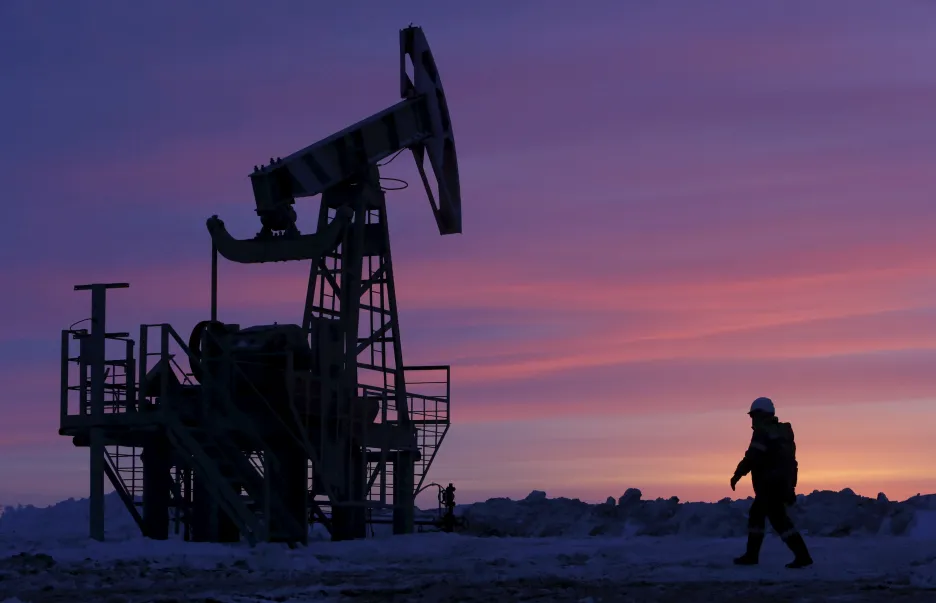The revised proposal for new sanctions, which generally envisages the end of Russian oil imports at the end of this year, was discussed by the ambassadors of the European Union member states on Friday morning. The European Commission has newly proposed an exemption for the Czechia until the middle of 2024 and for Hungary and Slovakia until the end of 2024. Reuters reports with reference to a diplomatic source.
Before amending the proposal during a radio interview, Hungarian Prime Minister Viktor Orbán mentioned that the European Commission’s current proposal would be tantamount to an “atomic bomb” dropped on the Hungarian economy. According to him, it is first necessary to transform the energy sector, which will take several years. At the same time, however, he added that Budapest is ready to negotiate further sanctions if it sees a new proposal that will be in the interests of Hungary.
In an effort to persuade states hesitant to support the package, according to the source, the EU executive came up with several other concessions, including support for investment in new oil infrastructure.
–
Among other things, the European Commission proposed to ban Russian oil imports into the EU by the end of this year. For the sanctions to take effect, they must be approved unanimously by all 27 Member States.
We will manage sufficient supplies by the end of 2024, says Síkel
The proposal originally provided for an annual exemption for Hungary and Slovakia, which are the most dependent on key energy raw materials from Russia. However, both Budapest and Bratislava refused to support the proposal, demanding a significantly longer transition period. The Czech government has also requested time to secure sufficient supplies flowing through the Transalpine TAL pipeline from southern Europe.
The Czech Prime Minister Petr Fiala (ODS) considers the proposed exception for the Czech Republic to be a good course of action. However, he declined to comment and “anticipate the final form” because negotiations are still ongoing.
According to the Minister of Industry and Trade Jozef Síkely (for STAN), the Czechia could have secured sufficient oil supplies from non-Russian sources by the end of 2024. It mainly addresses the increase in capacity in the Transalpine TAL oil pipeline. “In the first step, we expressed the belief that it could be achieved by the end of 2024, and of course the question is how to approach this,” he said.
The aim of the newly proposed sanctions is, as in the case of previous sanctions, to limit the possibilities of the Vladimir Putin regime to continue its aggression against Ukraine. Moscow has a significant income from oil exports, the raw material in recent years accounted for a quarter of all oil imports to EU countries.
–
Germany will supply seven howitzers to Ukraine
Germany will supply Ukraine with seven self-propelled howitzers PzH 2000. German Defense Minister Christine Lambrecht announced this after talks in Sliač, Slovakia. During a meeting with Slovak Defense Minister Jaroslav Naď, she said that the howitzer would strengthen the supply of five of these weapons, which the Netherlands had promised Ukraine.
Lambrecht visited German soldiers in Slovakia, who are part of the strengthening of NATO’s eastern wing and control the Patriot air defense systems. At the end of April, the German press reported that the government of Chancellor Olaf Scholz was considering providing several PzH 2000 howitzers to Ukraine. Berlin has long refused to supply heavy weapons to Kiev, but changed its position at the end of April after growing criticism.
Self-propelled howitzers PzH 2000, which are able to hit targets at a distance of forty kilometers, are among the most powerful artillery weapons of the German army. They are designed to support ground troops, to fight the enemy’s artillery and to destroy the enemy’s defensive positions.
–

